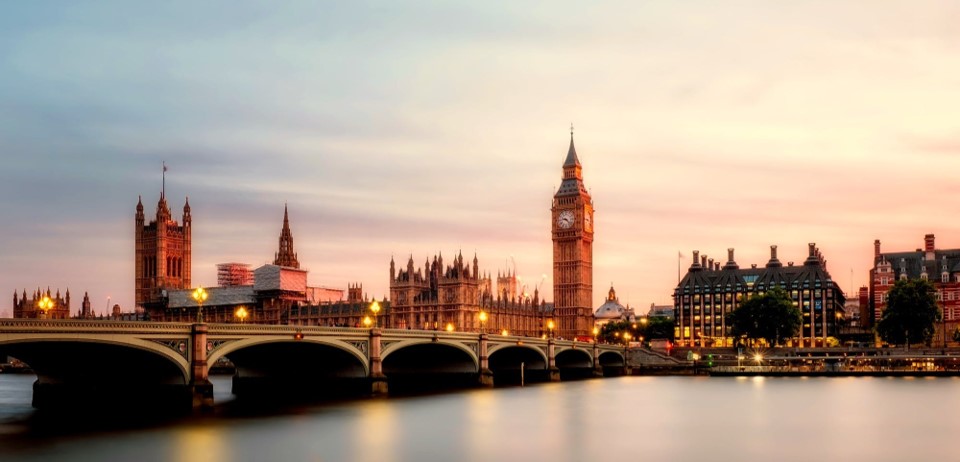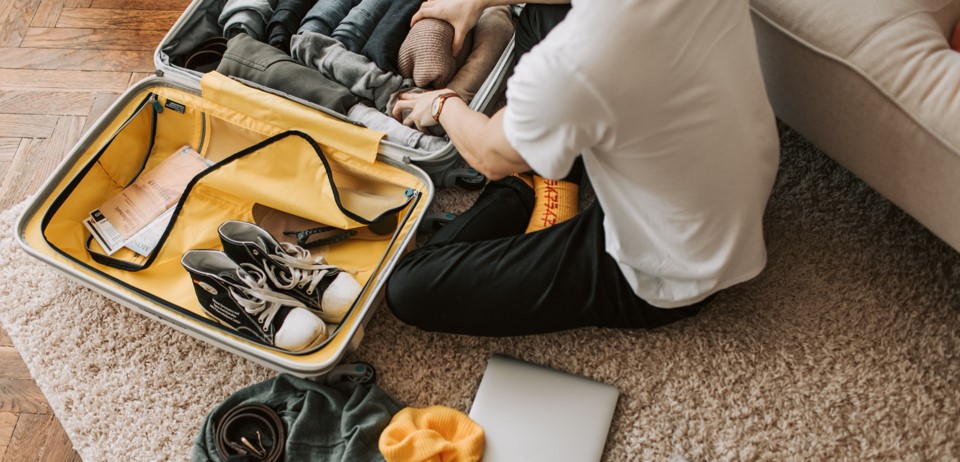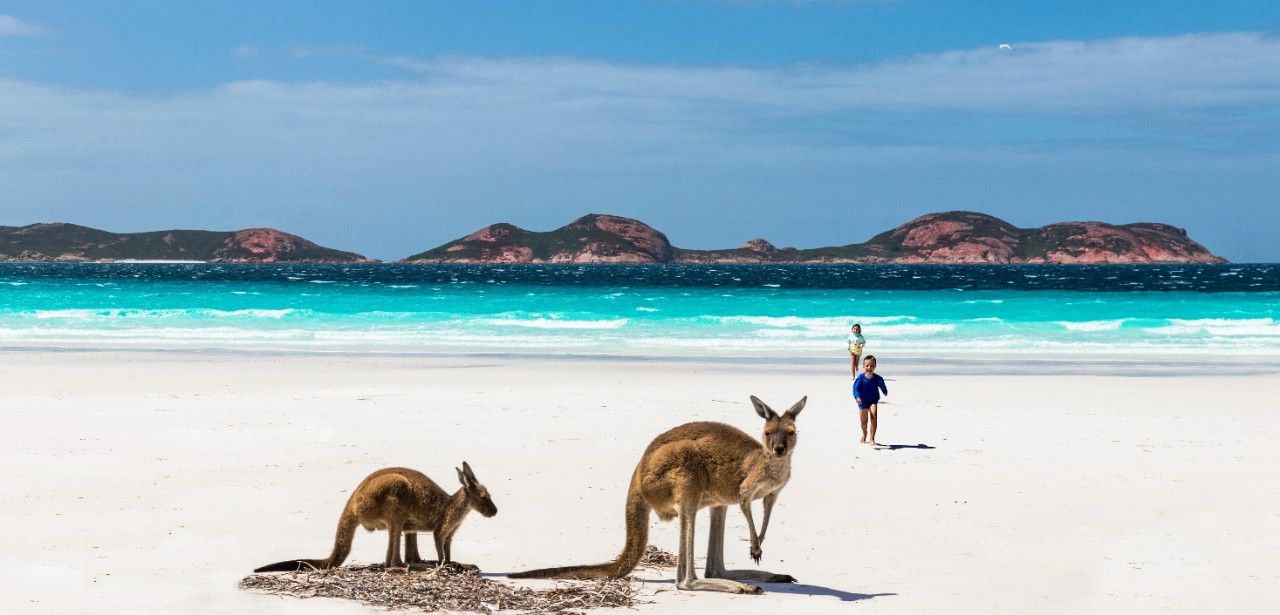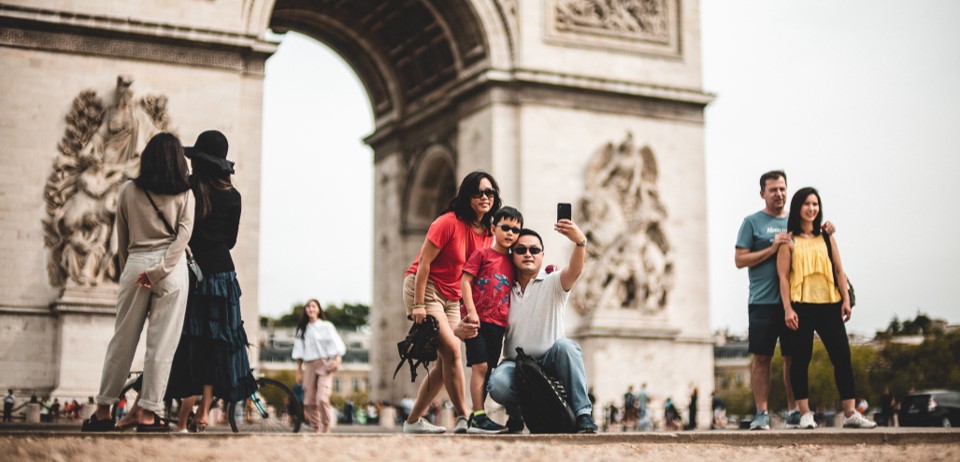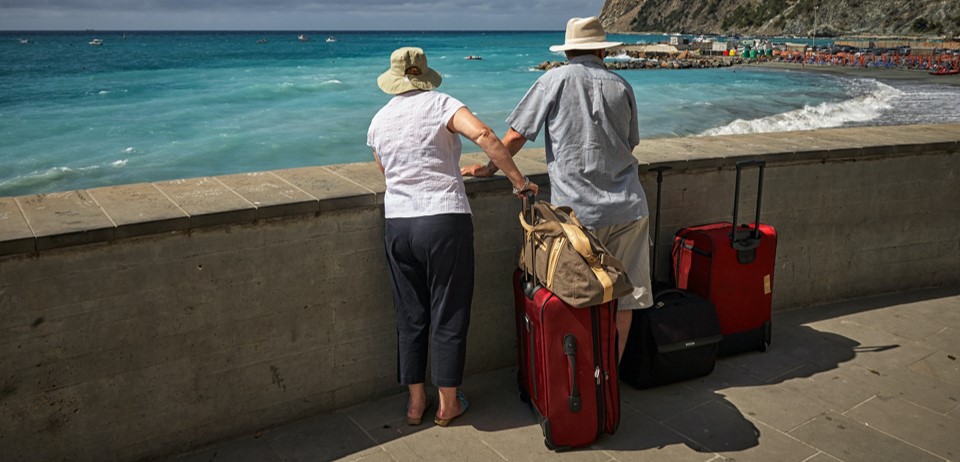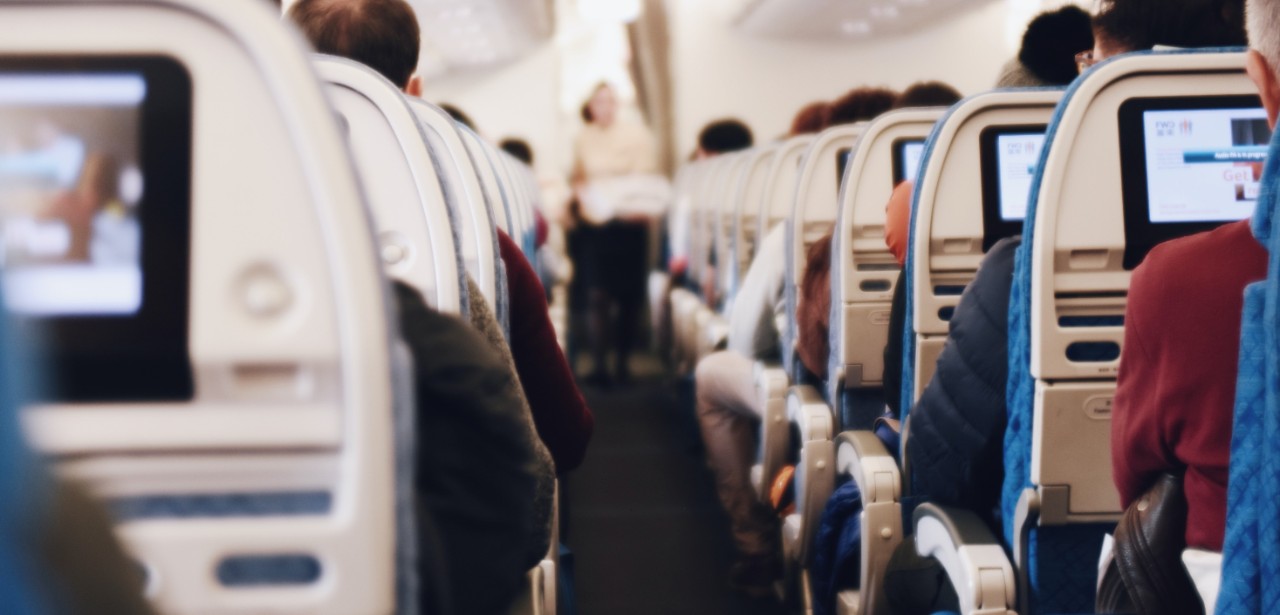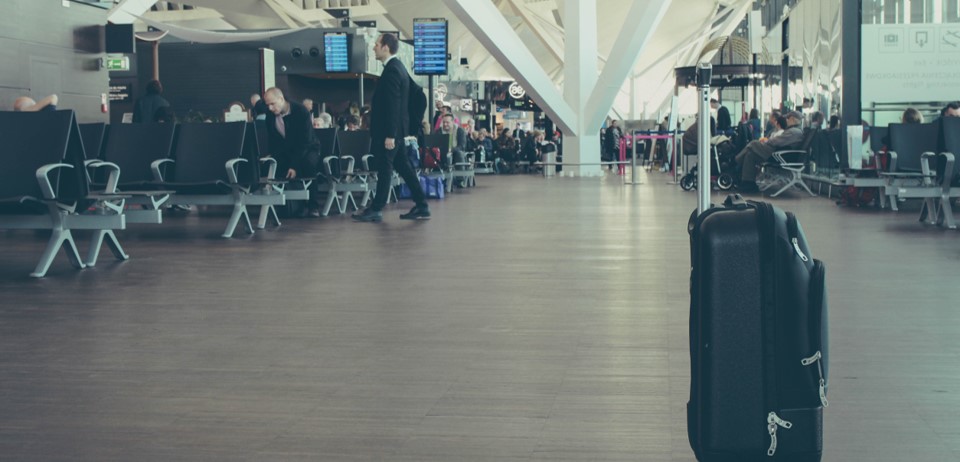10 Questions To Ask Before You Buy A Travel Insurance Plan
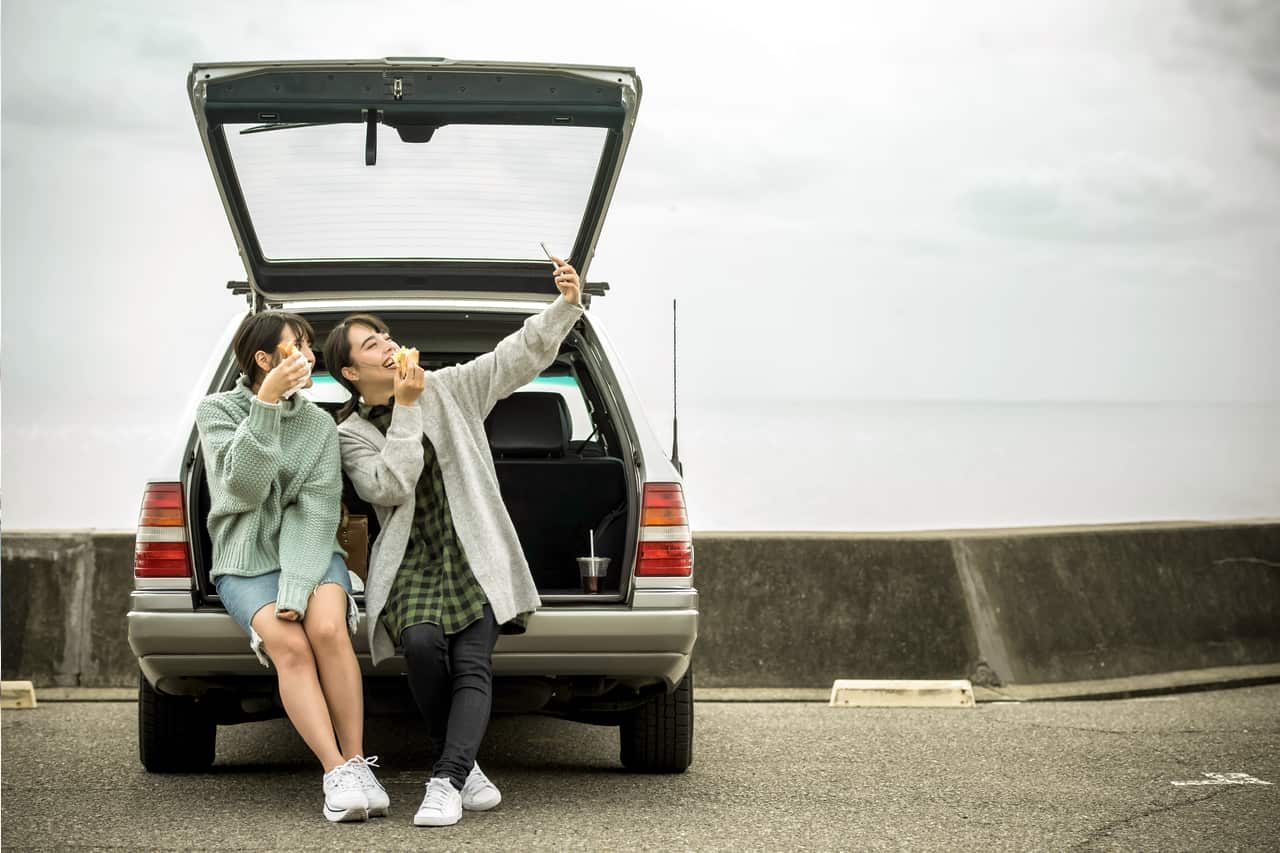
1. What is travel insurance and why do I need it?
Why people get travel insurance is simply to have protection against financial loss due to unforeseen circumstances such as trip cancellation, medical emergencies, lost baggage, or natural disasters.
Here are some questions you should ask when considering a travel insurance policy:
2. Who will you be traveling with (solo? family? group?)
If you are traveling with your family and they are under your care, then it would make sense to look for a travel insurance that can cover your entire family while abroad.
You would need to start to think about their various needs as well as the support that they would need in the event of unforeseen circumstances.
3. What are your activities planned?
Some policies do not cover activities like skydiving or rock climbing. If you are engaging in activities like these, then it is important that you find a policy that covers this.
You do not want to be left without coverage if something happens while on your trip.
4. What (and how much) is covered in the policy?
It's critical to know the specifics of what's covered by your policy, as well as how it defines terms like trip cancellation, trip interruption, travel delay, and missed connections.
The following are several additional features of travel insurance: baggage, non-medical evacuation, medical expenses per person or per plan, and emergency medical transportation.
These conditions are covered differently by each policy. It is critical to understand this coverage so that you can choose a policy that meets your needs.
Consider how much the plan covers financially, such as how much of your journey expenses will be reimbursed. What is the maximum amount that the policy would pay in claims?
5. Travel insurance With Selected Covid-19 Cover*
In the era of post pandemic, travel insurances should also include selected coverage for Covid-19, pandemics and epidemics before or during your trip (in line with the Policy Wording of your chosen policy).
For example:
● If you or a travelling companion/family member are diagnosed with Covid-19 before your trip and need to cancel, you can make a claim for things like travel and accommodation costs.
● If you or a travelling companion/family member are diagnosed with Covid-19 during your trip, you can make a claim for things like medical care and quarantine costs.
Note: no cover is provided for claims arising from lockdowns, changes in government alert levels, quarantine or mandatory isolation that applies generally or broadly to some or all of a population, vessel or geographical area, or that applies based on where You are travelling to, from, or through.
6. What isn't covered in the policy?
The next thing to find out is: what isn't covered in your travel insurance plan. For example, most policies will not cover expenses related to pre-existing medical conditions.
Be sure to understand the limitations and exceptions of your policy before you purchase it.
7. How time sensitive is the policy?
8. What reasons for canceling a trip are covered?
9. What is involved with making a claim?
Understanding what documentation is required to submit a claim will allow you to do so with efficiency should the need arise. Knowing what receipts you'll need and what further documents, as well as their language, will aid in keeping everything organized so that you can benefit from your travel insurance and file your claim promptly.
There's also the question of how much time you have to file a claim following a change or problem.
10. How much does the plan cost (what is your budget)?
After thinking about the factors involved, you would then have an idea of the cost involved in getting a suitable travel insurance for you.
The expense of a travel insurance policy is determined by a variety of criteria, including the length of your journey, the destinations you'll visit, the activities you'll perform, and your age.
Rental car insurance, lost luggage reimbursement, and emergency medical evacuation are some of the benefits available under some plans.
In conclusion, research and planning are important before you purchase a travel insurance policy. You should also make sure you understand the terms and conditions of the policy you're considering. And finally, do not forget to compare prices from different providers to get the best deal.






